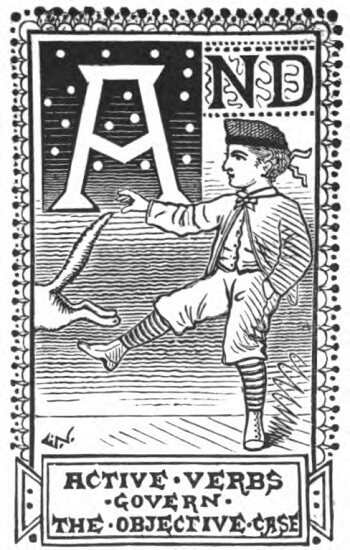 Grammar-Land
Grammar-Land
Grammar-Land
Grammar-Land


 Grammar-Land
Grammar-Land
Grammar-Land
Grammar-Land

Over the two weeks:
Activity - Week 1: PARSE THE SENTENCES
Parse the following sentences, identifying the Parts-of-Speech.
Activity - Week 2: PARSE ADDITIONAL SENTENCES